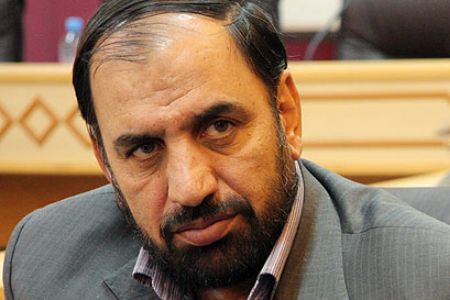Foreign meddling no key to Beirut crisis

Iranian lawmaker Mohammad Karamirad says Lebanon’s problems cannot be resolved through the interferences of foreign countries such as the United States.
“The March 14 incident and the subsequent investigations regarding the assassination of [former Lebanese premier] Rafiq Hariri and [Hezbollah Secretary General] Seyyed Hassan Nasrallah has had a positive effect on different Lebanese factions and changed the course of Hariri’s assassination case,” Mohammad Karamirad said on Monday.
Referring to measures taken by Hezbollah to confront foreign interferences, Karamirad said the countries which do not want stability to be established in Lebanon “poison the country’s atmosphere” in order to secure their own interests.
The Iranian lawmaker added that these countries claimed the Lebanese resistance movement and its supporters are responsible for Hariri’s assassination, but through Nasrallah’s revelations it became clear that the assassination was the work of Israel’s intelligence service, Mossad.
On March 14, Lebanon’s unity government collapsed after 11 ministers led by Hezbollah and its allies resigned over tensions stemming from a US-backed probe into the assassination of former premier Rafiq Hariri.
Rafiq Hariri and more than 20 other people were assassinated on February 14, 2005, when explosives equal to around 1,000 kilogram of TNT were detonated in downtown Beirut. The Washington-sponsored Special Tribunal for Lebanon (STL) was set up some two years later to look into the incident.
Reports say that the court was likely to issue an indictment against some Hezbollah members.
Hezbollah Secretary General Seyyed Hassan Nasrallah has vehemently rebuffed the allegations and described the tribunal as part of dangerous projects, targeting the resistance movement.
Hezbollah made the decision after its demands on Tuesday for an urgent cabinet session over the tribunal’s crisis was rejected.
Hezbollah has been trying to show that Lebanon’s problems will not be resolved with the interferences of countries such as the United States, Karamirad concluded.







